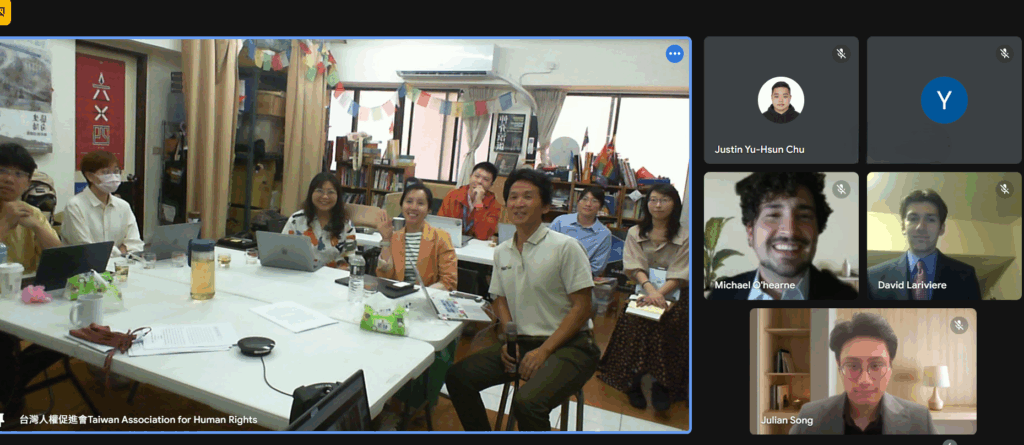On June 10, 2022, Open Net held a confidential meeting with a Big Tech company to discuss the response to the emerging idea of mandatory upload filter to screen out a pre-curated hash database of illegally filmed material. Open Net stressed upon the danger of blind acceptance of hash databases that may include “false positives” and, taking Korea’s example, shared K.S. Park’s experience with Korean Communication Standards Commission, the country’s internet censorship body that curates the hash database for the country, which betrays the lack of procedural safeguards and the lack of time and scalability for genuine deliberation. The company explained that installing the upload filter will involve having to submit the company’s own software to the performance evaluation of the government or if not having to integrate the government’s filtering software into the company’s server (the option chosen by the Korean companies), and Open Net responded that such technical process makes the platform vulnerable to the risk of the government control and surveillance on the communications taking place on that platform. Open Net showed special concern that, because the idea of mandatory upload filter can have contagious effect to other countries, such technical intrusion can have disastrous effect in authoritarian countries or the countries struggling to solidify democracy. Open Net noted that some of the emerging NetzDG-type mandatory notice-and-takedown laws with extremely short timelines such as 1 hour or 4 hours will soon regress further into the duty to “prevent” the illegal material from being uploaded in the first place and hence into a mandatory upload filter, e.g., Indonesia’s MR5 already has a “duty to prevent” provision. Open Net distinguished GlFCT‘s voluntary use of the database put together by EU because it does not involve the Big Brother meddling with what gets banned or how it is banned but did show concern that Australia’s Online Safety Act may in the long run develop into the Korea-style administrative censorship, which will open the possibility of the administrative body curating illegal material to be banned in advance.
As a result of meeting, the company and Open Net agreed to engage in a multi-country regional litigational effort in Asia to oppose mandatory upload filter, using the constitutional laws of local countries on prior censorship jurisprudence.
*In November 2022, Open Net confirmed that the company did participate in an amicus brief in a constitutional challenge as agreed in one of the countries and will do the same in other countries as well.


0 Comments